|
Kenya’s universities are in financial trouble. As a result vice chancellors are proposing a three-fold hike in tuition fees. Ishmael Munene argues that the increase won’t fix the financial problems facing tertiary institutions, and that any increase should be matched with a commitment by the government to restore university funding to previous levels.
With just less than three weeks to go until South Africans go to the polls in a national and provincial election, there’s been a surge in protest action around the country. The protests are taking place in townships and shack settlements, where many of the country’s poorest residents live. Steven Friedman takes issue with the way in which the protests are being portrayed. He argues that the media and all the country’s political parties offer trite, and distorted views of why poor people take to the streets.
Mozambique, Malawi and Zimbabwe are still reeling in the aftermath of Cyclone Idai. Some of the biggest problems these countries now have to deal with relate to people’s health. In the latest episode of Pasha, Kerrigan McCarthy of the National Institute for Communicable Diseases explains these issues and discusses how to guard against them.
|
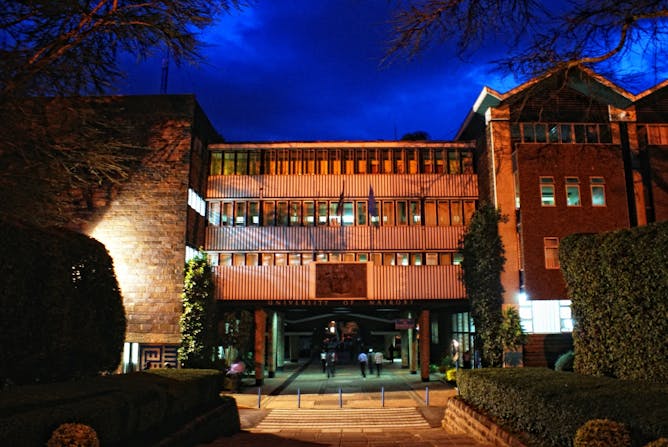
Th University of Nairobi. Universities in Kenya are struggling to keep afloat.
Flickr/Nzomo Victor
Ishmael Munene, Northern Arizona University
Kenya's once financially healthy universities are in financial straits.
|
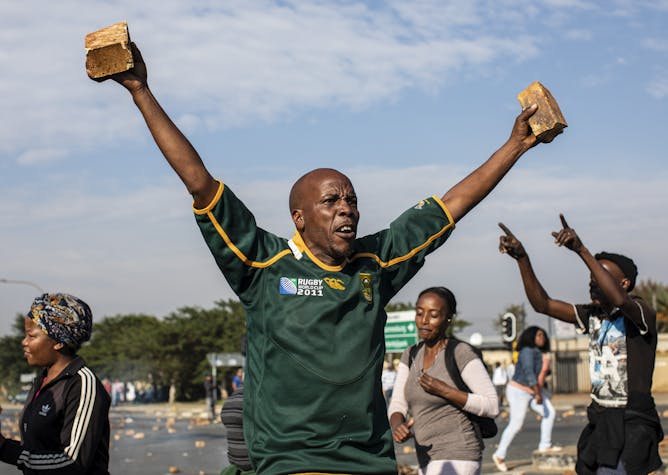
A man challenges police during a protest in Eldorado Park, Johannesburg.
EPA-EFE/Kim Ludbrook
Steven Friedman, University of Johannesburg
To claim that protests are being organised suggests sinister motives. But all protest is organised. So are cake sales and shopping expeditions.
|
Environment + Energy
|
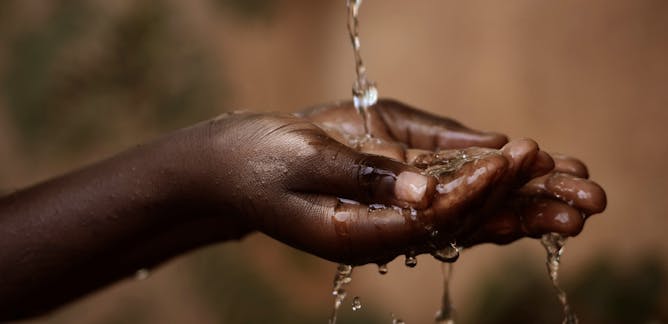
Ana Rita Sequeira, Murdoch University; Halina Kobryn, Murdoch University; Lário L. M. Herculano, Universidade Eduardo Mondlane; Mark P McHenry, Murdoch University; Ryan Admiraal, Victoria University of Wellington
Decision making on water infrastructure in peri-urban areas is challenging. But lessons have been learnt from a water project in Mozambique.
| |
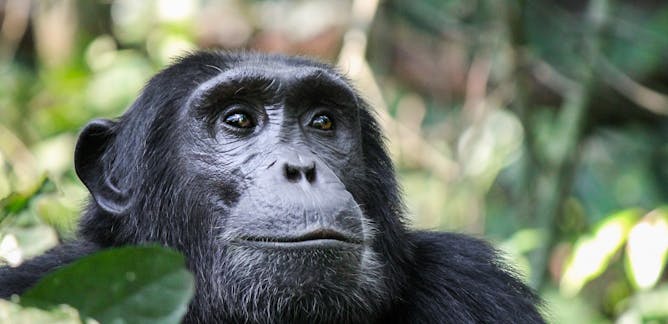
Jacob Negrey, Boston University
Human-to-ape disease transmission is thought to be a severe threat to the survival of great apes.
|
|
|
Podcast
|
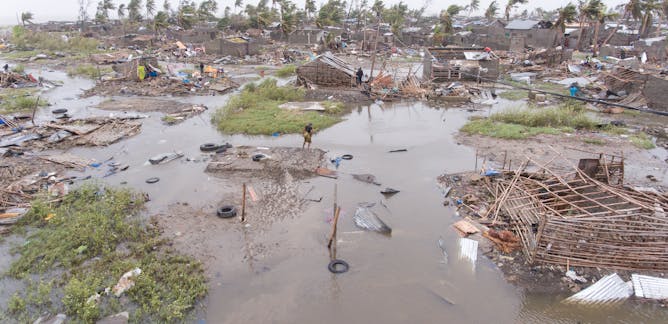
Ozayr Patel, The Conversation
Diseases like cholera are among the many health crises Cyclone Idai has created.
| |

Ozayr Patel, The Conversation
"Fake news" even rears its head in academic spaces.
|
|
|
From our international editions
|
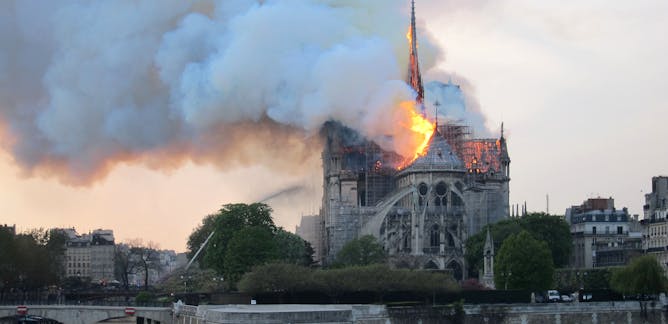
Anne Gombault, Kedge Business School
The fire that devastated the Notre-Dame de Paris cathedral on April 15 is a historic event that reminds us of the symbolic power of national monuments.
| |
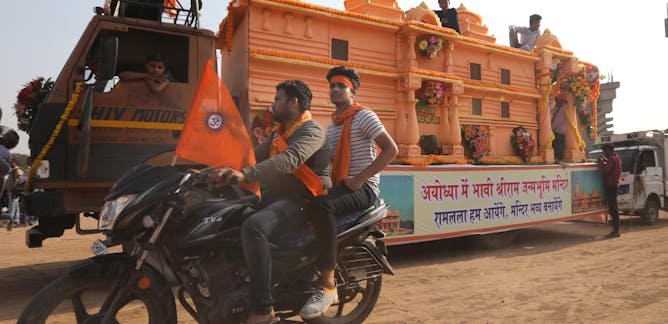
Amalendu Misra, Lancaster University
A panel of mediators has been asked by the Indian Supreme Court to suggest a way forward for a site claimed by both Hindus and Muslims.
|
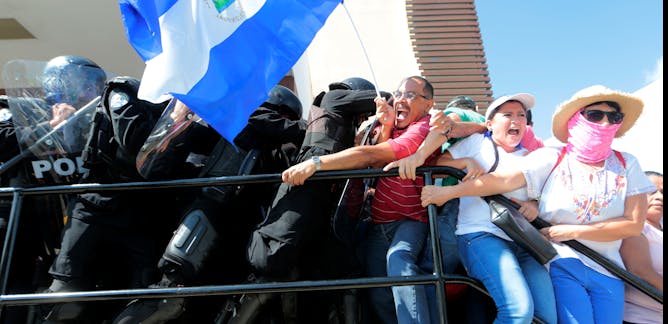
Benjamin Waddell, Fort Lewis College
A massive protest movement exploded across Nicaragua in April 2018, threatening to topple the country's authoritarian regime. What happened to Central America's 'tropical spring?'
| |
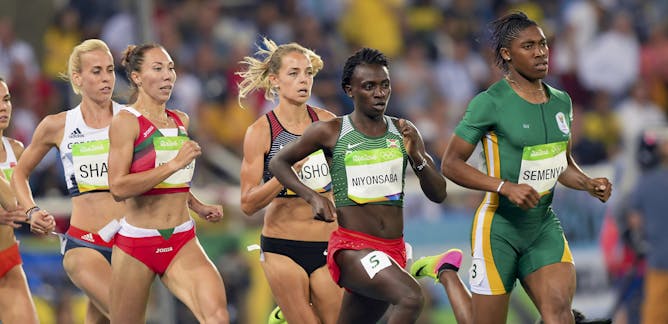
Sheree Bekker, University of Bath
Arbitration case between athlete Caster Semenya and the IAAF centres on eligibility to compete based on testosterone – but there are other factors in play.
|
|
|